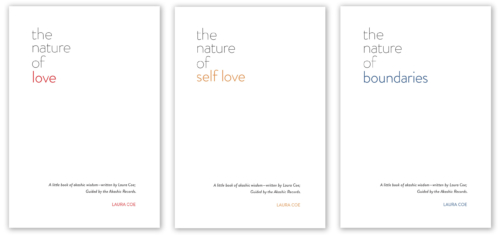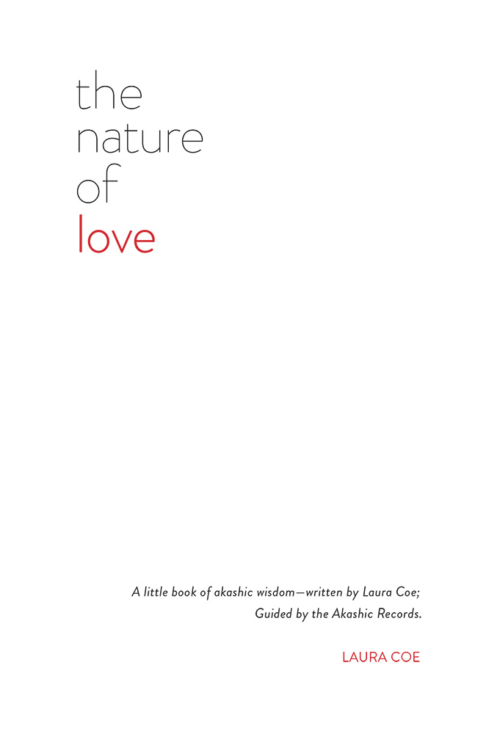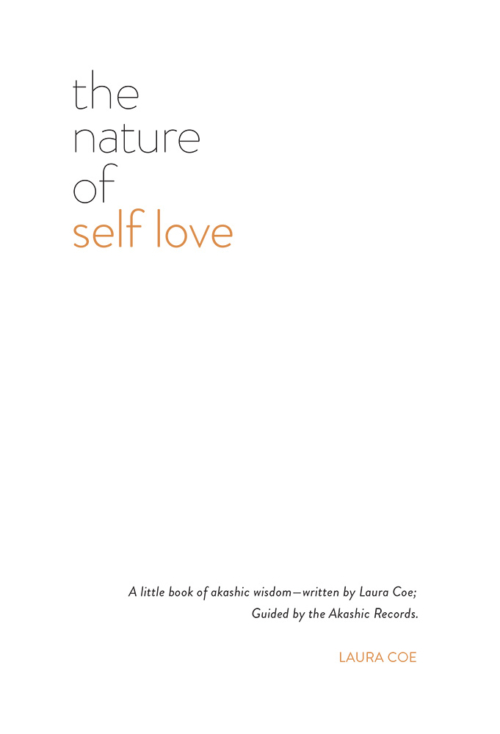
A Flashback
Let’s go back. I’m looking around for an empty carrel in the atrium of the University of Chicago business school. I sit down – Adele is the cue: it’s time to work. I’m at the computer and the cursor blinks in front of me. There’s a single Word document open. And then, an imaginary buffet of thoughts start hitting me.“You can’t write without a PhD.”“You’re not even that good of a writer.”“There’s so many other things you could be doing.”“Why are you doing this when you could just sit and watch Orange is the New Black?”“I should probably get a job.”On and on these thoughts go until I feel numb to the task. I’m going to die in this chair, I thought. I’m really going to die in this chair.“This blank page is going to kill me.”I doubted my abilities and I doubted my desires. It wasn’t just that I didn’t believe in myself, but that I actively questioned the surety of my thinking. I was sitting in the atrium, looking at a blank page, and the thoughts in my head? They actively stopped me from typing. I remember thinking that I should probably become better at reading before I start writing and how credulous that was. With a head full of negative thought loops, it’d be obvious to anyone: of course I couldn’t do what I wanted to do. I was the person standing in my own way.But if I was standing in my own way, what was the root of the problem?
The Internal Critic
The short answer: I was my worst critic. I stopped doing what I wanted. Not because it was an authentic desire, but because I thought it would save me from the judgement of others. This judge though, was completely debilitating. It was the difference between a woman who is an empty shadow of herself to a woman who is a fully realized human being.In my work with clients, I’ve found that the largest barrier to being emotionally fit is the harshness of our internal judge. Whether it’s in the act itself or simply thinking and reflecting on what they really want, their internal judge immediately sabotages the entire process. Sitting down and writing, you can be your worst critic. You can actively silence the creative voice within you. It’s not the other people that can cripple your own desires – you’re very much capable of doing the job yourself, inside your own head. What’s counterintuitive to understand about the judge is that the judge is built entirely on learned values. It isn’t an arbiter of the truth but rather a voice inside your head built on false premises and shaky ground.So, if these voices are impostor voices and aren’t coming from your true self, why do we so readily believe them? Why do we keep the page blank when we sit down and why do indulge in judgment to the point of mind-numbing thought loops? We do it because, inside our head, every thought sounds like a part of us. Any thought we carry and any instinct we have, we are neurologically programmed to identify those as those as our own. We’re not cognizant of the fact that these thoughts and reactions are a harmful and different faction of ourselves. Instead, they are simply “our thoughts” and that’s as far as we usually go when analyzing them.So my advice? Notice the words you use: “Should” “Right” “Wrong” “Silly” “Stupid” “Impossible”. And make a mental note that when doubts like these pop up in your head, you’ll disregard them. You have things you want to do. You have the right – in fact, the birthright – to design your own life. Having an internal critic derail that design is reckless.I remember sending my parents that first draft of my writing. It sounds so small, yet, it was a big deal for me. Part of me craved their validation. And that was natural and that was expected. But what made it so amazing is that part of me didn’t need that validation because I had already given it to myself. That night in the atrium, I wrote harder than I ever had before, and since then, I was on a roll. I wanted this. I wanted to be a writer. I wanted to write about things that were important to me. And as I handed my own work to the meticulous eyes of my parents, part of me didn’t really care what they thought. For me, it was enough that I was doing what I simply wanted to do.“I am a master of logic and a powerfully convincing debater. In fact, against my better judgment, I can talk myself out of doing anything.”― Jarod Kintz, $3.33




